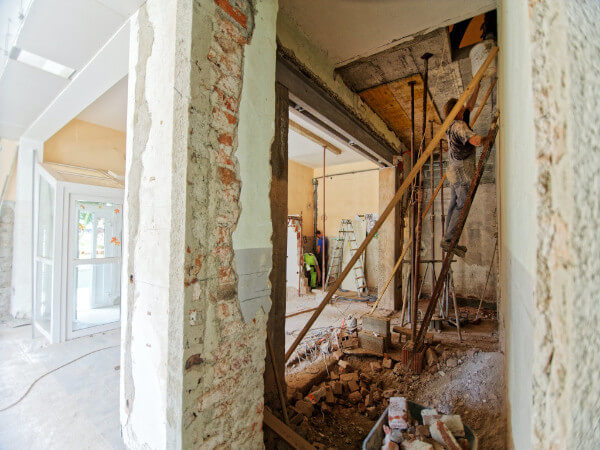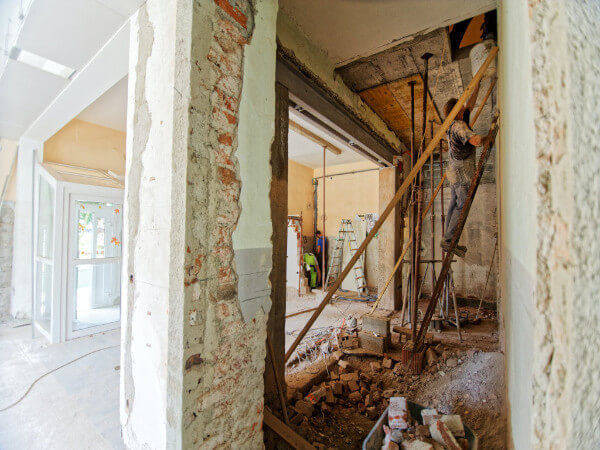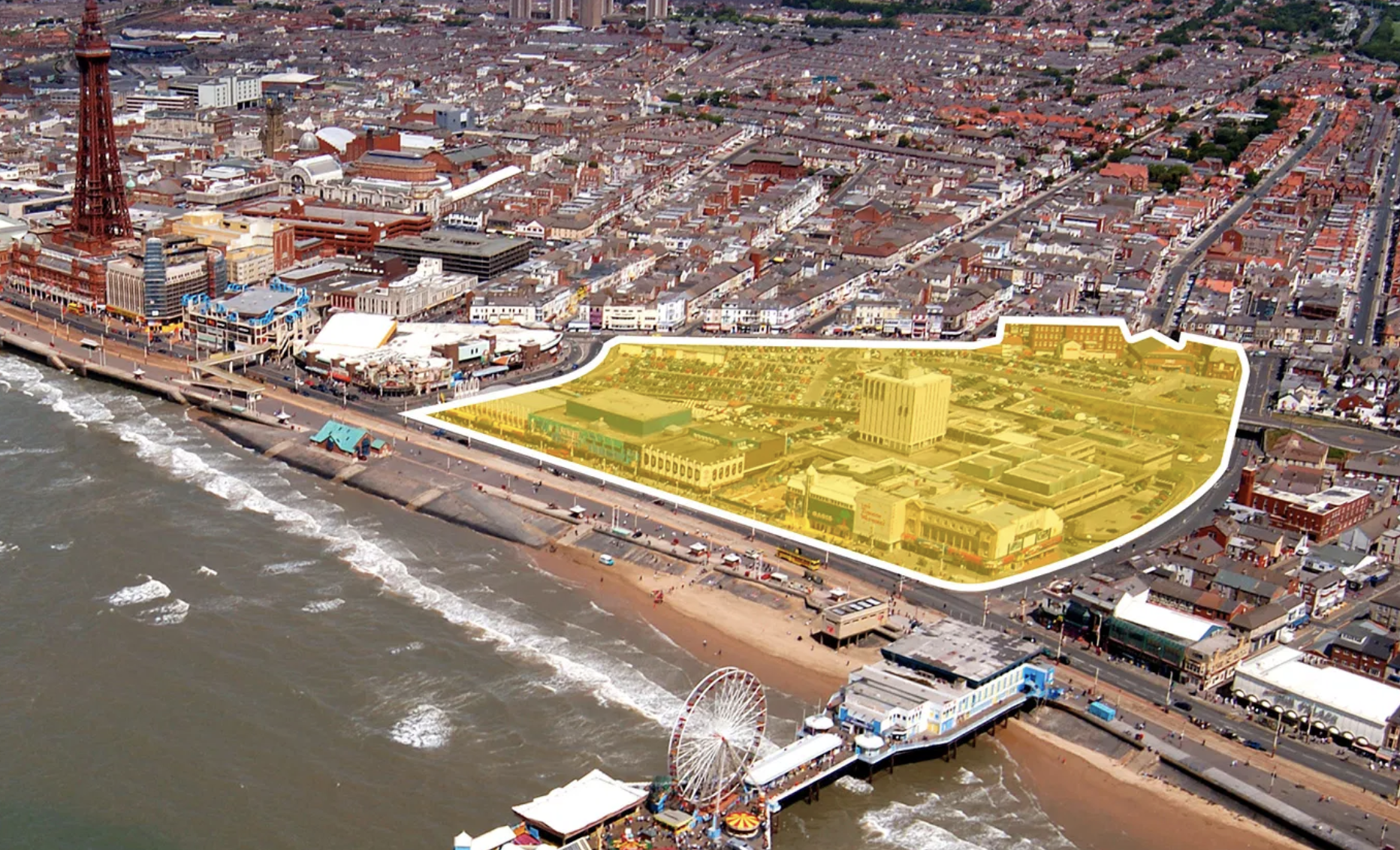A radical rethink of rebuilding an existing school using a construction model based on reduced carbon has delivered a whole life carbon savings of two-thirds and cut energy consumption in half without a significant cost increase.
The theorectical industry-led project known as Circular Twin involved digitally building a school that had already been completed.
The school was reworked from start to finish and with help from 250 supply chain partners so that each decision and design choice favoured a lower carbon outcome.

Morgan Sindall Construction led the research team, which also drew in experts from procurement specialist SCAPE, architects HLM and Lungfish and consultant Cundall.
The Circular Twin team discarded conventional industry approaches and collaborated taking decisions based on the modelled lifecycle carbon of the building, not cost.

The findings highlight how the early alliance of designers, clients, contractor, and the supply chain can lead to a significant reduction in Whole Life Carbon for modest capital cost uplift.
In comparison to the original school – built in 2017 – Circular Twin achieved:
67% reduction in Whole Life Carbon72% reduction in upfront embodied carbon (EC) (48% reduction in lifecycle EC – this achieves the RIBA 2030 and LETI 2030 Embodied Carbon targets)52% reduction in annual energy consumption39% reduction in forest consumption (for products and 30-year UK offset)CAPEX delivered within standard budgetary parameters with multiple over asset lifetime
Louise Townsend, director of social value and sustainability at Morgan Sindall Construction, said: “This initiative has uncovered a revelation – that low carbon construction is inhibited by our industry’s reliance on traditional design and procurement approaches.
“The outcomes show that achieving low carbon buildings is possible today.

“Ultimately, Circular Twin represents hard evidence of what can be achieved and is a much needed industry-led response to all the urgent challenges we face that will be highlighted at COP26 and have already been made explicit by the climate emergencies declared by local authorities around the country.”
Circular Twin is believed to be the first in the construction industry to put into practice the strategies of the government’s Construction Playbook.


Did you miss our previous article…
https://www.thegraduatemag.com/?p=815













